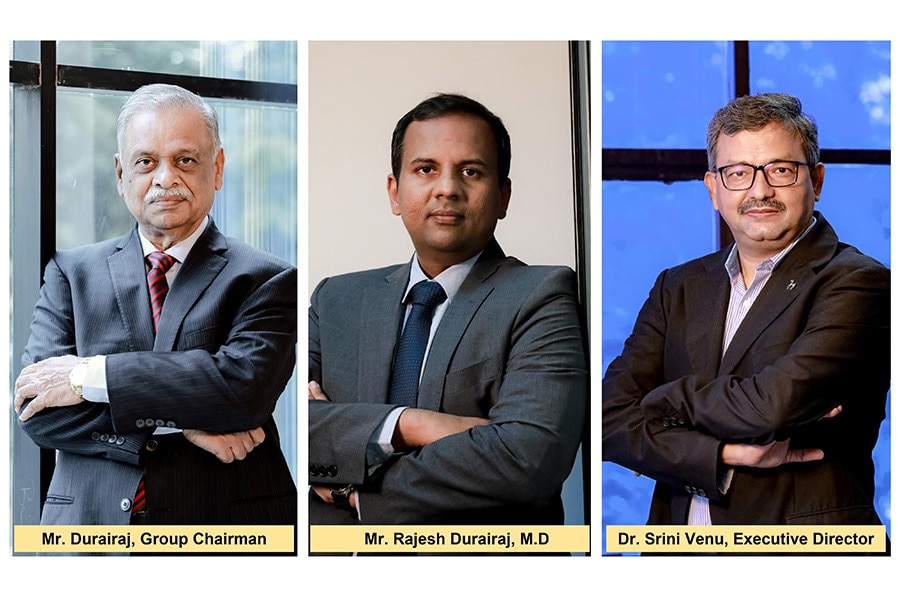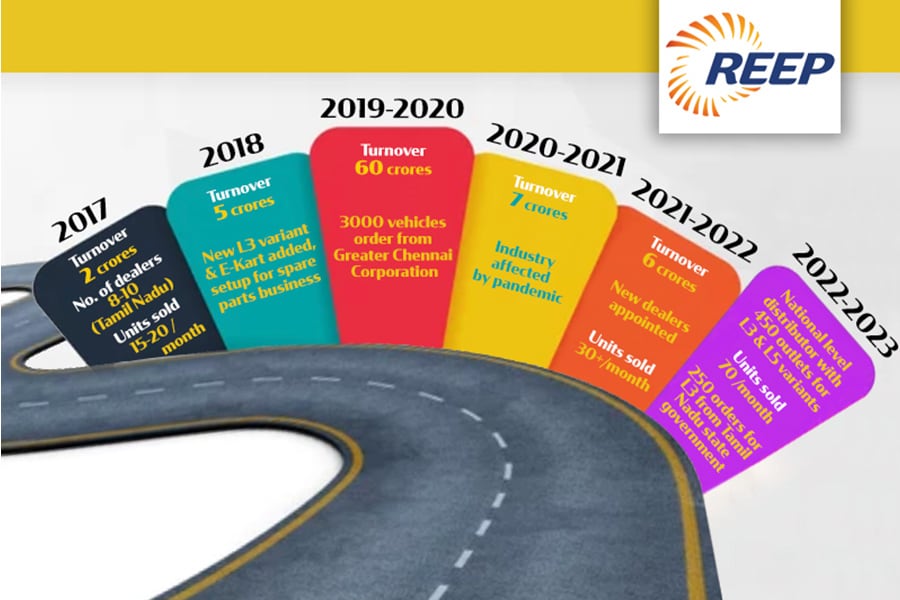
From energy equipment to clean energy products, Powergear Sustainability and Reep Motors scales new heights in sustainable energy business
Indian companies are not far behind in this contention and one such pioneer in the industry is Powergear Limited
 Over the past decade or so, sustainability has become the mantra of the manufacturing sector. Various technical and innovative disruptions across the globe have led companies in the sector to look at sustainable manufacturing and a sustainable business model as viable options. Indian companies are not far behind in this contention and one such pioneer in the industry is Powergear Limited.
Over the past decade or so, sustainability has become the mantra of the manufacturing sector. Various technical and innovative disruptions across the globe have led companies in the sector to look at sustainable manufacturing and a sustainable business model as viable options. Indian companies are not far behind in this contention and one such pioneer in the industry is Powergear Limited.
The humble beginnings
Founded in 1980, Powergear under able leadership of its Chairman Mr Durairaj X, is a cutting-edge company that designs, manufactures, and supplies quality products for traditional and renewable power generation. Essentially, Powergear’s core competency lies in creating customized designs and supplying medium voltage equipment, Battery Energy Storage Solutions and such product to all the OEMs. Powergear has a dedicated research and development (R&D) department that has been recognized by the Department of Scientific and Industrial Research (DSIR). Powergear is based out of Chennai and has exported to more than 65 countries.
In 2017, Powergear diversified into another unit called Powergear Sustainability and operates through Reep Motors (a brand in its aegis). REEP Motors is primarily focused on the electric vehicle (EV) business. Based out of Chennai, Reep Motors started off with market research initially and now manufactures EVs. REEP Motors first forayed into three wheelers. It has now developed over 12 different models. First among its product launches include a three-wheeler variant which is designed to carry a payload of 500 kgs (whereas a typical L3 variant is required to carry up to 300 kgs), while its L5 variant is designed to haul up to one tonne (whereas a typical L5 variant takes up to 640 kgs). The unique designs of these two variants are generating large order book year on year. For ex: in the year 2019, REEP secured a large order of about 3000 units solid waste disposal from its esteemed customers and till date all vehicles are running successfully.

The Next Steps: What Powergear is Doing




